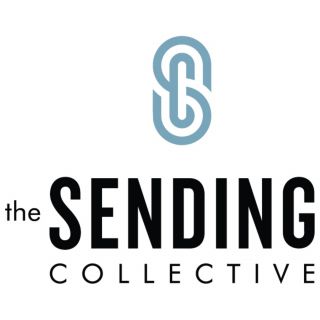
The Sending Collective: Courageous and Generous Collaboration
This post is an excerpt from SEND Canada's 2022 Annual Report.
-----
Have you ever felt that you just. cannot. get. it. all. done…?
It is no fun to feel overwhelmed. Not being able to ‘get it all done’ - or even all the ‘essentials’ – can drain away joy in a hurry.
Interestingly, this sensation of overwhelm can be just as real (and discouraging) for organizations as it is for people. At times we feel this at SEND Canada, and we know other mission agencies have felt it as well.
In addition to the many things already accomplished day by day, our faithful SEND Canada team also has new ideas! Improvements to existing systems. Suggestions for innovation. Many additions would advance the vision God has given us, but we have more good ideas than we have capacity to execute!
“Organizational overwhelm” is just one of the good reasons several mission agencies have chosen to participate in the emerging Sending Collective.
The Sending Collective is an initiative of deep collaboration between the Canadian Home Offices of five like-minded mission agencies: Christar Canada, Greater Europe Mission of Canada, SEND Canada, South America Mission (Canada), and TEAM of Canada. We are exploring courageous and generous sharing of our capacity and resources. Our goal is to serve our Lord and His church in Canada more effectively.
While coordination is not necessarily easy at the outset, Sending Collective initiatives are now beginning to bear fruit: joint mobilization, shared operations, and coordination of staff talent are gaining traction.
Our Home Offices are now appreciating the possibility of reducing overwhelm while increasing the opportunity to focus on our strengths. We believe we will do our ministry better together!
SEND Canada is continuing to help catalyze the Sending Collective, and trusting God to lead and provide. We are boldly sharing our best ideas and resources with other faithful servants, and enjoying the sensation not of overwhelm, but joyful anticipation.
Additional Posts




